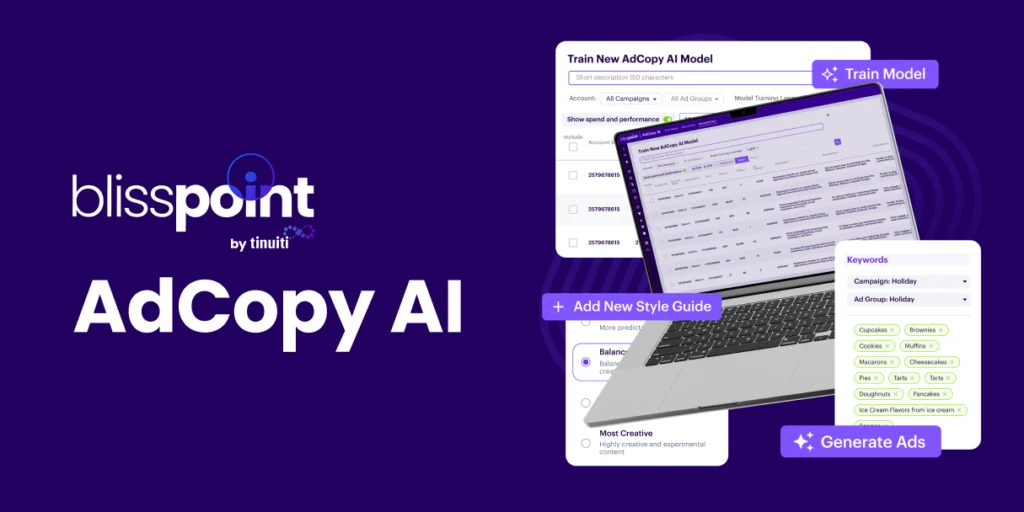Social media is a powerful force in the digital marketing landscape. However, a successful campaign and optimized return on investment are only possible with a well-developed strategy. Plus, your social media efforts must align with other digital strategies to optimize your overall return on marketing investment.
The following is an overview of some of the most important factors for an effective social media strategy!
Audience Awareness
Like all methods of marketing promotion, you can only optimize your social media presence when you have a firm understanding of your audience. Demographics, geography and firmographics are just the starting point for developing a solid marketing description or buyer persona.
Leverage access to digital data to understand the behaviors, needs, motives, interests and concerns of your target market. Only then can you craft a social media strategy that includes communication and drives the desired response.
Ideal Platform Selection
It is common for brands to use multiple channels in a social media campaign. However, you don't need a presence on all platforms. In some cases, you dilute your efforts and your messages by using too many social channels.
The ideal platforms for your brand are those that connect with your target market in an engaging way, and offer features that allow you to showcase your brand effectively. Retailers that rely on visual merchandising often thrive on Pinterest, for instance, while a lot of fitness brands have found success with the visual strategies available through Instagram.
Data-Driven Risk-Taking
Some level of risk is inherent in your digital marketing campaigns. However, you can mitigate the negative implications of risk by leveraging data. As you launch initial campaign messages, gather data and review what it tells you.
Facebook and other prominent tools offer thorough data that gives you perspective on the results of your campaigns on a granular level. You need the ability to interpret the data to make decisions on further optimization.
Constant Learning and Adaptation
A plan for learning and adapting your campaigns is closely aligned with the notion of calculated risks. The ability to learn and adapt campaigns is a primary advantage of digital communication relative to traditional media campaigns.
Test multiple ad versions and amplify delivery of the ads that achieve the strongest results. Use segmented data to determine which campaigns and social platforms generate the best results within each segment of your marketplace.
Integrate within Digital Strategy
Don't treat your social media strategy as an isolated element of your marketing plan. Instead, integrate it with your broader digital and holistic marketing strategies.
As you tell stories on social media, you want to build your brand identity in the same way you do through other media. Multi-channel marketing campaigns that include logical message sequencing between websites, blogs, social media, email and other channels typically achieve the best results.
Conclusion
These are some of the most important factors in creating a powerful social media marketing strategy. You won't optimize performance without including all of these in your planning.
For more insights, read Ultimate Guide to Scaling your Facebook Advertising!
You Might Be Interested In














